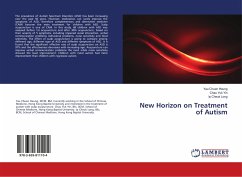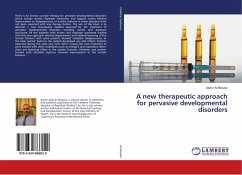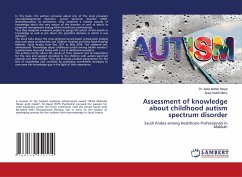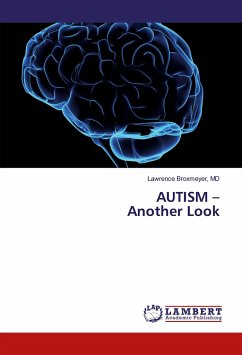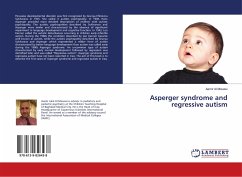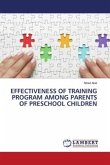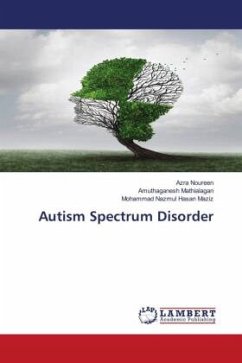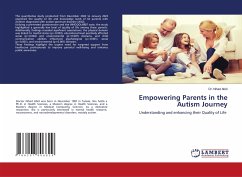The prevalence of Autism Spectrum Disorders (ASD) has been increasing over the past 50 years. However, medication can rarely improve the symptoms of ASD, therefore complementary and alternative medicine (CAM) become the main treatment for children with ASD. Scalp acupuncture is one of CAM. In this study, 68 children with ASD was assessed before 1st acupuncture and after 30th acupuncture, based on their severity of 5 symptoms, including impaired social interaction, verbal communication problems, behavioral problems, noise sensitivity and food selectivity. The effect of scalp acupuncture is going to compare among different age, different type of ASD and different symptoms of ASD. It is found that the significant effective rate of scalp acupuncture on ASD is 97% and the effectiveness decreases with increasing age. Acupuncture can improve verbal communication problems the most while noise sensitivity showed the least improvement. Children with natal autism had more improvement than children with regressive autism.
Bitte wählen Sie Ihr Anliegen aus.
Rechnungen
Retourenschein anfordern
Bestellstatus
Storno

